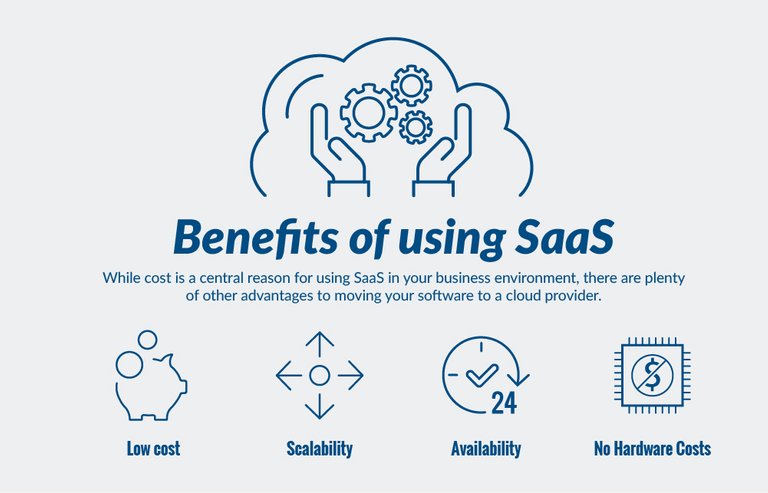
The world sits on the verge of being engulfed by the Fourth Industrial Revolution. Cutting-edge technologies like artificial intelligence, distributed networks, and the internet of things are going to grow in span in every market. In this age, data will be the key fuel for the world’s industrial infrastructure.
However, the industrial workflows required for the Fourth Industrial Revolution need efficient—liquid—access to data, but this is a challenge because many data packets held by an enterprise can be deemed as proprietary assets.

The need to protect proprietary data, which is often both difficult and expensive to acquire, limits the interoperability needed for an industrial engine to operate at full efficiency. Without interoperability, frictions build up between cross-business operations and partnerships aren’t able to fully leverage the benefit of the synergies their resources could deliver.
Data management isn’t just a challenge for enterprises in the coming future. Even today, enterprises are forced to rely on advanced software to manage the data flow across company departments. These software as a service (SaaS) products are a key source of revenue for several major tech firms like Oracle. However, most present data management software leave data siloed across each independent company, limiting the cross-business utility of the data. Additionally, this siloed state of data makes this highly valued resource susceptible to cyber theft.
Evolving SaaS
One of the most organic benefits of blockchain technology is the security of data.
Several projects have already tapped into this utility by providing distributed cloud storage systems. However, the wider portion of consumers across the world aren’t ready for distributed cloud storage as this forces them to handle the back-end aspects of the process. This is at a stark difference to the convenient storage services given to them by products like Google Drive or DropBox.
On the other hand, enterprises are eagerly looking into blockchain technology for a means to leverage its data security benefits. This opens up a unique opportunity for a new SaaS that integrates blockchain technology for the delivery of a novel software: Enterprise Relationship Platform.

The SaaS market is already worth hundreds of billions.
Loyakk Vega
Loyakk is a blockchain project that is delivering a software that provides data management solutions with the integration of blockchain technology. The result is that Loyakk is able to provide an interoperable platform while allowing participants to decide which data can flow among partners and which must be siloed. All the while, the security benefits of distributed ledger technology will make sure data isn’t made susceptible to cyber theft.

Loyakk’s namesake product, Loyakk Vega, enhances the value-additives of a traditional ERP and thus is a play on the letters used in the abbreviation. The traditional ERP, Enterprise Resource Planning software, allows companies to manage, delegate, and oversee operational tasks and all the data attached with said tasks. The Enterprise Relationship Platform captures all the domestic benefits of an Enterprise Resource Planning software while enabling these benefits to be leveraged in an interoperable environment.
In simpler terms, the traditional ERP can only provide utility to companies in an individualized manner. This limits efficiency in partnerships—which happen to be the core of the modern-day globalized state of commerce.

Loyakk Vega combats the operational task and data flow limitations of existing ERPs, which restrain functions within each individual company’s own ERP. With Loyakk Vega, a permissioned blockchain platform allows data to flow across firms, enabling each participant to control what can be accessible to other partners. Thus, resource management mechanisms of major SaaS provide can now be carried out in any partnership as if the involved participants are one entity, without any participants having to forfeit access to valuable proprietary assets.
Blockchain & Enterprise Software
While much of blockchain technology’s focus has been on decentralized money, distributed networks can offer great utility through enterprise software, particularly those that target data. This is a low-hanging fruit and Loyakk might be one of the pioneers in twining blockchain technology with traditional ERP to deliver interoperable networks.
Given that Loyakk has already onboarded some major clients, it seems that firms are quite interested in taking advantage of blockchain technology to improve their partnership networks and data security.


Connect with me:
Cryptocurrency News Cryptocurrency Airdrops Best ICO List Ripple XRP News Ethereum News Crypto Bounties Blockchain News Blockchain Lawyers Recover Lost or Stolen Crypto



